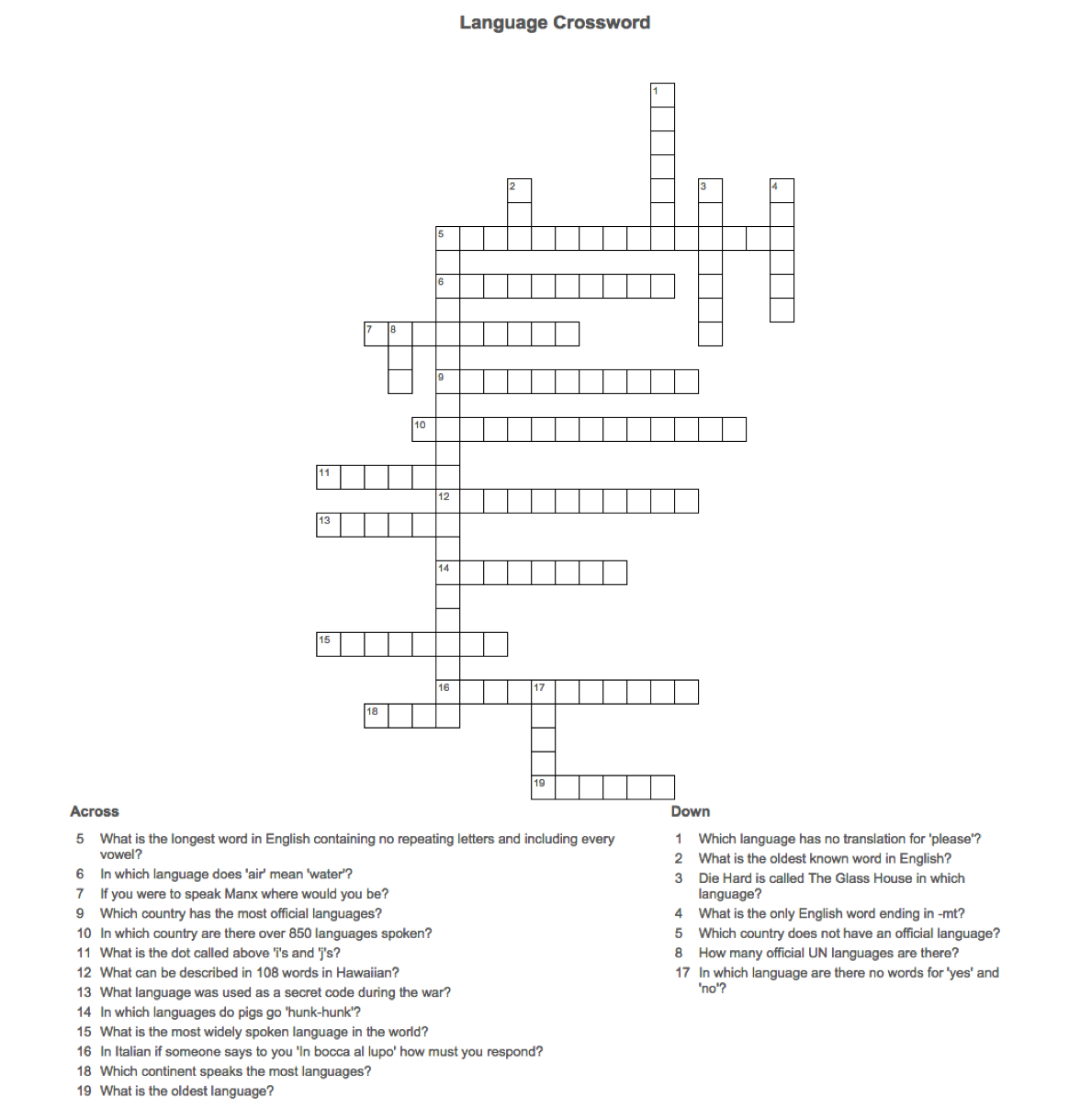New Year traditions around the world
Happy New Year! Whether you’re already there, or have a few more hours to wait, we hope that 2015 will be a fantastic year and bring you everything you hope for.
As the celebrations get underway, here are a few interesting New Year traditions from around the world…
Twelve grapes
In Spain, eat a grape for each strike of the clock at midnight; if you manage to eat all twelve during the chimes, you’ll have twelve months of good luck.
First-footing
This is the tradition of being first into a house after midnight, in Scotland and Northern England. The first-foot should bring gifts of a coin, bread, salt, coal, or whisky, which represent financial prosperity, food, flavour, warmth and good cheer. The best kind of first-foot is believed to be a tall, dark-haired man.
Kissing
A tradition from German and English folklore says that you must kiss someone at midnight, and that that person will be significant in your future. If you don’t kiss anyone, it means you’re doomed to a year of loneliness. Apparently.
Yellow underwear
In Chile, if you want good luck and prosperity in the new year, wear yellow underwear – inside out – and then turn it the right way after midnight.
Making a lot of noise
In the Phillippines, the New Year’s custom is to make a lot of noise at midnight, to frighten away evil spirits. People buy small horns called torotots and also use paputok (firecrackers) as well as banging pots and pans and revving their vehicle engines.
Burning ‘Mr Old Year’
In Colombia, the previous year is seen out by families as they build large stuffed male dolls filled with different materials, and items that they no longer want or that have sad memories attached to them. Then they burn the doll at midnight, which represents burning the past and looking to the future.
Lentils
The first thing you should eat after midnight in Hungary is lentil soup, because it’s believed that lentils will bring you riches in the new year – and the more lentils you eat, the richer you’ll be.
New Year Dip
In various towns on the Welsh coast, brave swimmers take a dip in the freezing sea on New Year’s Day. Some people do it in fancy dress – and no, we don’t know why.
How will you be celebrating the New Year? Whatever you’re doing we hope you have a great time!
Quiz: So you think you know languages?
We’ve got a bit of fun for you today, as it’s the wind-down to Christmas… Amy’s put together this tricky language crossword (you can click on the puzzle to make it bigger and print it out) – how many answers can you fill in before you cave and turn to Google?! 😉
Let us know how you got on in the comments!
(NOTE: There was a mistake in the original crossword. This is the corrected version. We’re very sorry for any confusion!)
Say what? 10 English expressions you might not have heard before
Here at EuroTalk, we love learning languages, and between us we speak quite a range, including Spanish, Hungarian, Russian, Japanese, German, Portuguese, Latvian, Slovak and more. But one language that the Brits in the office tend to forget about is our own – English.
Recently, we’ve had several conversations about the English language, usually inspired by one of our colleagues from overseas asking us what we mean when we use a particular word or phrase. Then Ioana found this article about British slang phrases and wanted to know how many of the listed expressions we use on a regular basis (quite a few, actually).
We thought this might make quite a fun blog post, so here are just a few of the English words our colleagues have discovered since arriving in the UK, along with others that we Brits feel everyone should know…
Pantomime
Discovered by Richard and Pablo
A pantomime (or ‘panto’ for short) is a very British tradition; it’s a musical comedy play performed each year over the Christmas and New Year period. Each town has its own panto, which is usually based on a children’s story and features certain conventions, including the pantomime dame and audience participation (‘he’s behind you!’ etc). It’s something that anyone who’s grown up in Britain tends to take for granted, and is surprisingly hard to describe, as we discovered earlier this week when the guys said, ‘What’s a pantomime…?’
Toad in the hole
Contributed by Gloria
A traditional British dish, consisting of sausages baked in Yorkshire pudding batter. Tastier than it sounds – and there are no toads in it, so we’re not quite sure how it got its name.
Food baby
Discovered by Ioana
We think this might actually originate from the USA, but put simply, a food baby is when you’ve eaten so much that you look a bit like you might be expecting. It’s also Ioana’s new favourite expression.
Numpty
Contributed by Amy
This is basically an affectionate way of calling someone an idiot. If you hear someone say, ‘No, you numpty!’ it means you’ve got something wrong, but don’t be too offended – there are far worse things they could call you. (Another version of this is calling someone a muppet.)
In the doghouse
Discovered by Symeon
If someone’s in the doghouse, it means they’re in trouble, just like a dog that’s been kicked out of the house and made to sleep outside.
Pardon my French
Contributed by Safia
Confusingly, this has nothing to do with speaking other languages. In fact, it’s a way of apologising for swearing, in an attempt to pretend the rude words are a foreign language, even though everyone knows they aren’t. It’s thought the expression originates from the 19th century, when people actually did apologise for using French words, assuming that whoever they were talking to didn’t understand.
Pigs in blankets
Discovered by Franco
Enjoyed particularly as part of Christmas dinner, pigs in blankets are small sausages wrapped in bacon. And they’re delicious. Fun fact: pigs in blankets are known as ‘kilted sausages’ in Scotland.
In a pickle
Contributed by Nat
This one derives from Shakespeare’s The Tempest, and means to be in a tricky situation or ‘a spot of bother’ (another English phrase for you, there).
Snigger
Discovered by Ioana (again)
Sniggering is laughing – but not in a nice way. A snigger is a quiet laugh, often under your breath or behind a hand, at the expense of someone else. We don’t recommend it; it’s mean.
Bodge
Contributed by Luke
Not to be confused with ‘botch’, which means to do something very badly, to ‘bodge’ something is to fix or build something temporarily, using whatever materials you happen to have lying around. The result may not look great, but it isn’t necessarily bad – in fact a bodge job is usually a sign of resourcefulness.
Does anyone else have any great English words you think everyone should know? Or have you learnt a fun English expression you’d like to share? Let us know in the comments 🙂
Can uTalk a new language in one month?
Happy Thanksgiving to all our friends in the USA, and around the world! Before we know it, it’ll be Christmas, and then we’ll be into 2015. Time flies!
Here in the EuroTalk office, we enjoy a bit of healthy competition, and with the new year approaching, we’ve decided it’s a good time to take some of our own advice and try learning a new language, using our uTalk app. We’ll all be taking on different languages, and competing against each other to see who can learn the most in the 31 days of January. What could possibly go wrong?
The rules are simple:
1. The winner will be the first person to score maximum points on uTalk in the language of their choice, or the person with the highest score on 31st January.
2. The language chosen can’t be one we already speak.
3. Competitors must start from zero points on 1st January.
4. To join the challenge, we’ll need to have access to an iPhone or iPad with the free uTalk app installed.
Through regular check-ins, we’ll be keeping an eye on and reporting our progress both here and on our Facebook and Twitter, and we hope you’ll be there too, cheering us on.
If you fancy taking up the uTalk challenge for yourself, we’ll be very glad of the company, so drop us an email with the language you’ve chosen, and we’ll send you over a code to unlock the Essentials upgrade (worth £6.99) so you can get started completely free on January 1st.
And in the meantime why not let your friends know which language you’re planning to learn? (There are 100 to choose from, but don’t panic – you’ve got a month to think about it!)
So far, our competitors include:
Ioana, who’ll be learning French
Nat, taking on Icelandic
Steve, who fancies a go at Thai
Al, tackling Chinese (Mandarin)
Symeon, who’s torn between Greek and Turkish
… and Liz, who took a while to decide but eventually settled on German.
Wish us luck!
How much do you know about languages?
How much do you know about languages? Try our quiz to find out!
The top reported score so far is 11 – can you do better? Let us know how you got on in the comments 🙂



